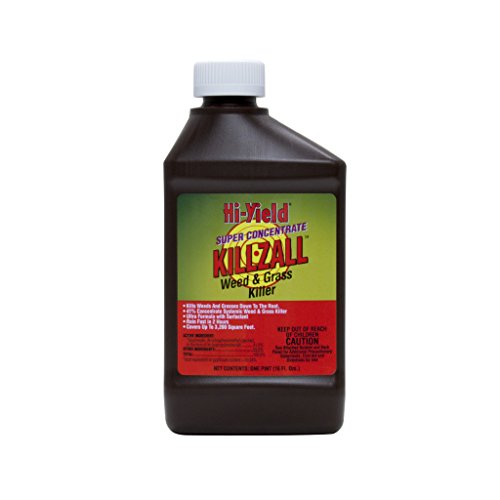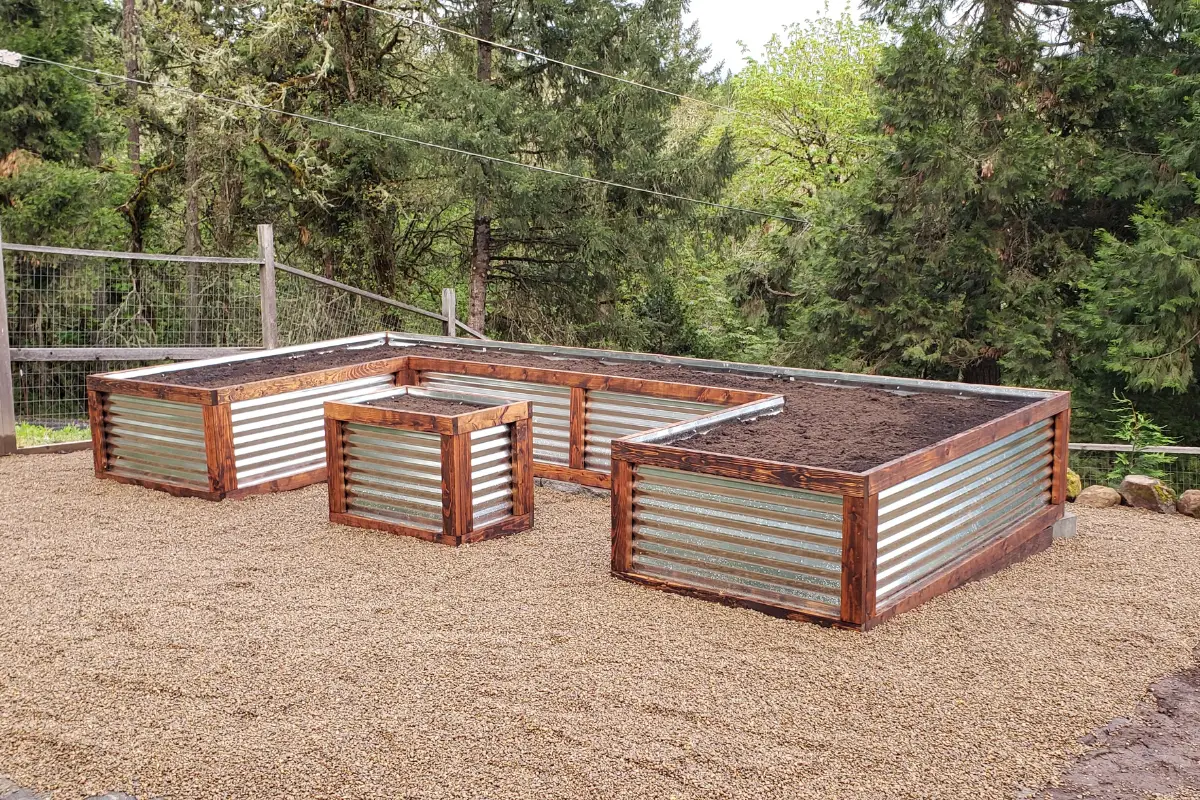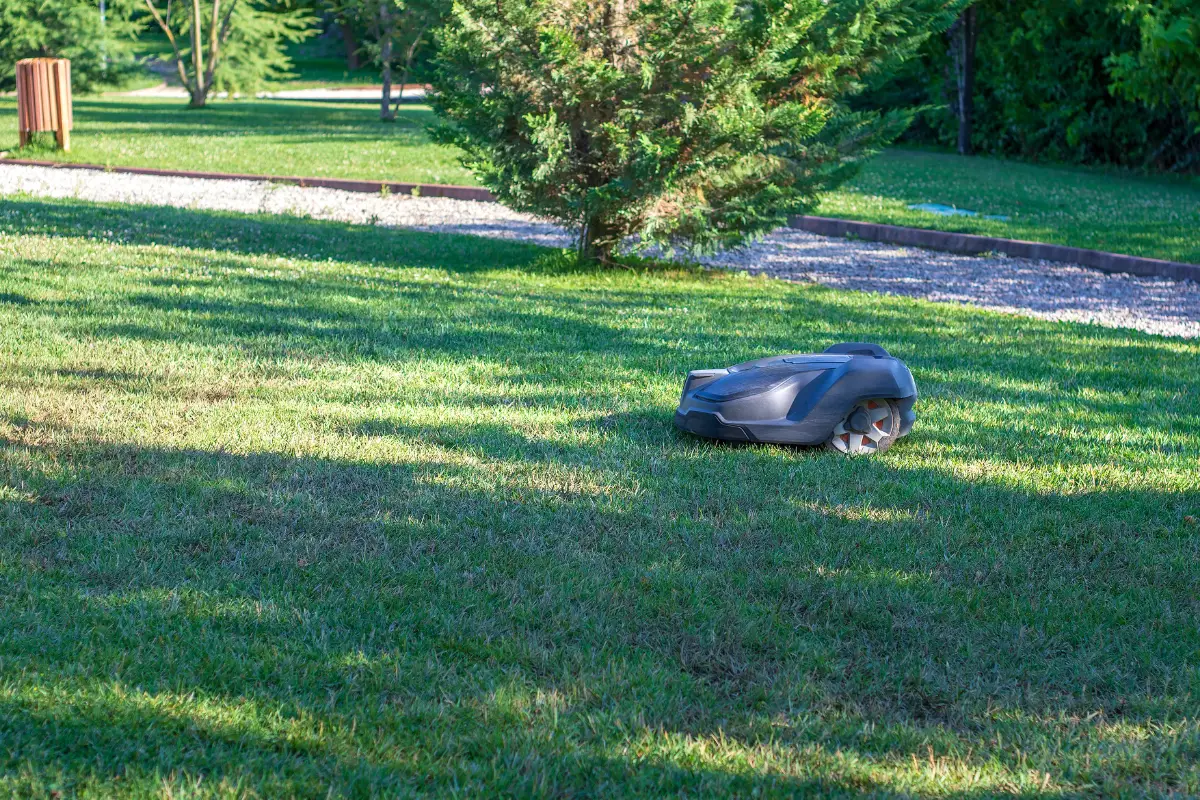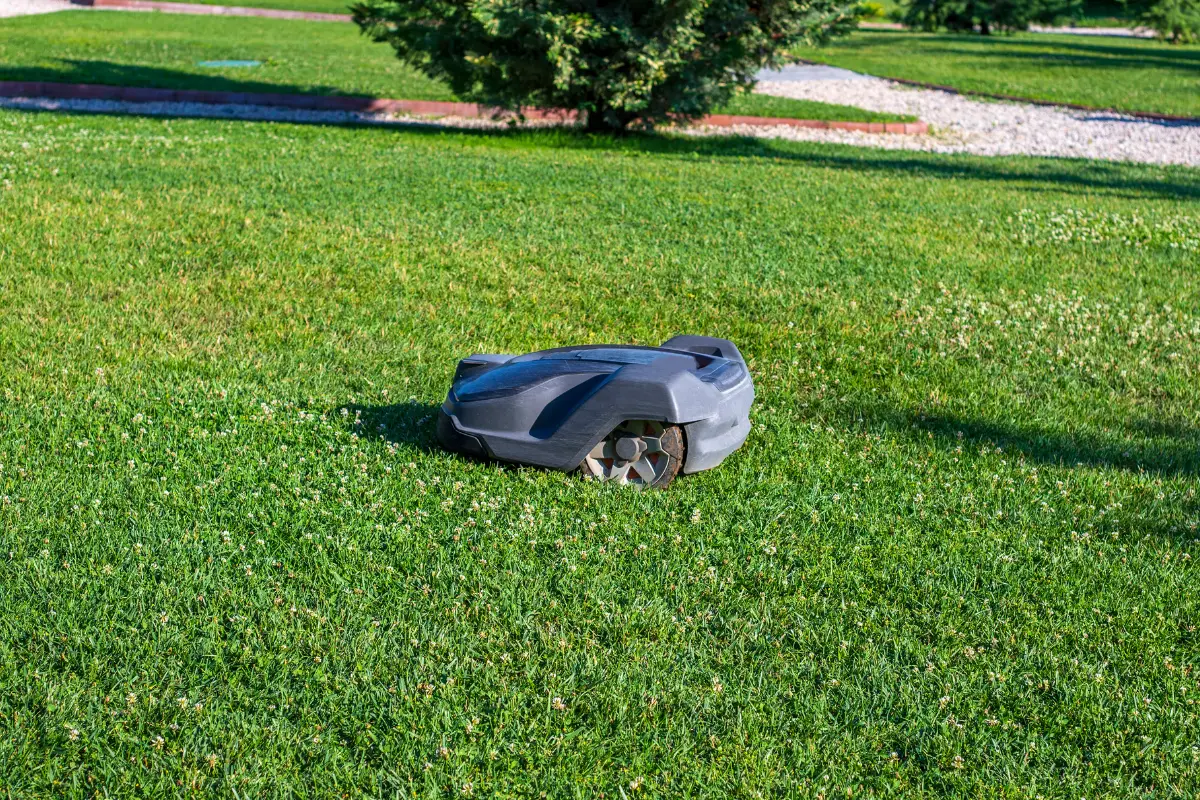Salt is a common household item that can also be used as a weed killer. While many people may not think of salt as a gardening tool, it is actually quite effective at killing weeds.
In this article, we will explore the science behind why salt works as a weed killer, the advantages and disadvantages of using salt, and tips for safe and effective use.

Table of Contents
The Science behind Salt as a Weed Killer
Salt works as a weed killer because it dehydrates the plant. When salt is applied to the leaves of a weed, it draws water out of the plant cells through a process called osmosis.
This causes the plant to wilt and eventually die. Salt also interferes with a plant’s ability to absorb nutrients, which can weaken the plant and make it more susceptible to other forms of stress.
Salt is particularly effective against annual weeds, which only live for one growing season. These types of weeds are unable to recover from the damage caused by salt and will die shortly after treatment.
Perennial weeds, which come back year after year, may require multiple applications of salt before they are fully eliminated.
The Advantages of Using Salt as a Weed Killer
One of the biggest advantages of using salt as a weed killer is its cost-effectiveness. Salt is a very inexpensive item that can be purchased in bulk for very little money.
Additionally, salt is natural and non-toxic, making it a safe option for use around children and pets. It is also widely available, which makes it easy to find and purchase.
The Disadvantages of Using Salt as a Weed Killer
While salt is an effective weed killer, it does have some disadvantages. Salt can damage other plants if not used carefully, and it can affect soil quality and pH levels if used in large amounts.
Additionally, salt can be harmful to pets and wildlife if ingested, so it is important to use it with caution.
How to Use Salt as a Weed Killer
There are several methods for applying salt to weeds, including using a spray bottle to apply a saltwater solution to the leaves of the weed, or sprinkling salt directly onto the leaves.
It’s important to keep in mind that salt will kill any plants that it comes into contact with, so care should be taken to only apply it to the weeds and not to any surrounding desirable plants.
It can take up to a week for salt to fully kill a weed, but it usually starts to show effects within a day or two.
How Long Does It Take For Salt To Kill Weeds?
It can take up to a week for salt to fully kill a weed, but it usually starts to show effects within a day or two.
The time it takes for salt to kill weeds can vary depending on several factors, such as the type of weed, the size of the weed, and the method of application.
Annual weeds, which only live for one growing season, will typically die within a few days of being treated with salt.
Perennial weeds, which come back year after year, may require multiple applications of salt before they are fully eliminated.
How does salt compare to other weed killers like glyphosate?
Salt and glyphosate are two very different types of weed killers that work in different ways.
Salt is a physical weed killer that works by dehydrating the plant and interfering with its ability to absorb nutrients. It is most effective against annual weeds, which only live for one growing season, and it can take up to a week for salt to fully kill a weed.
Salt is an inexpensive, natural, and non-toxic option that is safe for use around children and pets. However, it can be harmful to other plants and the soil if not used carefully.
Glyphosate, on the other hand, is a chemical weed killer that works by inhibiting a plant’s ability to make certain proteins.
It is most effective against perennial weeds, which come back year after year. Glyphosate can kill a weed in a matter of days, depending on the weed species, size, and weather conditions. It is a widely used herbicide, widely available and relatively inexpensive.
However, it is not a natural option and it can be toxic to humans, animals, and the environment if not used properly.
Prices pulled from the Amazon Product Advertising API on:
Product prices and availability are accurate as of the date/time indicated and are subject to change. Any price and availability information displayed on [relevant Amazon Site(s), as applicable] at the time of purchase will apply to the purchase of this product.
In summary, Salt and Glyphosate are two different types of weed killers with different mechanisms of action, and they are effective against different types of weeds.
While both options can be effective, the choice between them will depend on the specific weeds that you are trying to control, the size and location of the area you want to treat and your personal preferences.
Conclusion
In conclusion, salt is an effective and inexpensive weed killer that can be used safely around children and pets.
However, it should be used with care to avoid damage to other plants and to the soil. With the right application method and timing, salt can be a valuable tool in the fight against weeds.
Additionally, it is worth noting that Salt can’t compare to other weed killers like glyphosate in terms of efficiency, and it’s not suitable to be used on all types of weeds.
Moreover, if you are concerned about the environment, there are alternative ways of dealing with weeds like manually pulling them or using organic herbicides.
- How to Build a Planter Box for Bamboo: A Step-by-Step Guide
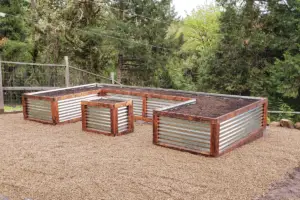
- Can Robotic Lawnmowers Handle Steep Slopes?

- Do You Need a Specific Lawn for a Robotic Lawnmower? Expert Advice

- Are Robotic Lawnmowers Safe for Pets and Children? Safety Features of Robotic Lawnmowers

- Why Use Robotic Lawnmowers? Advantages of Using a Robotic Lawnmower

- Is the GARDENA SILENO City 300 Cordless or Corded? A Clear Answer


